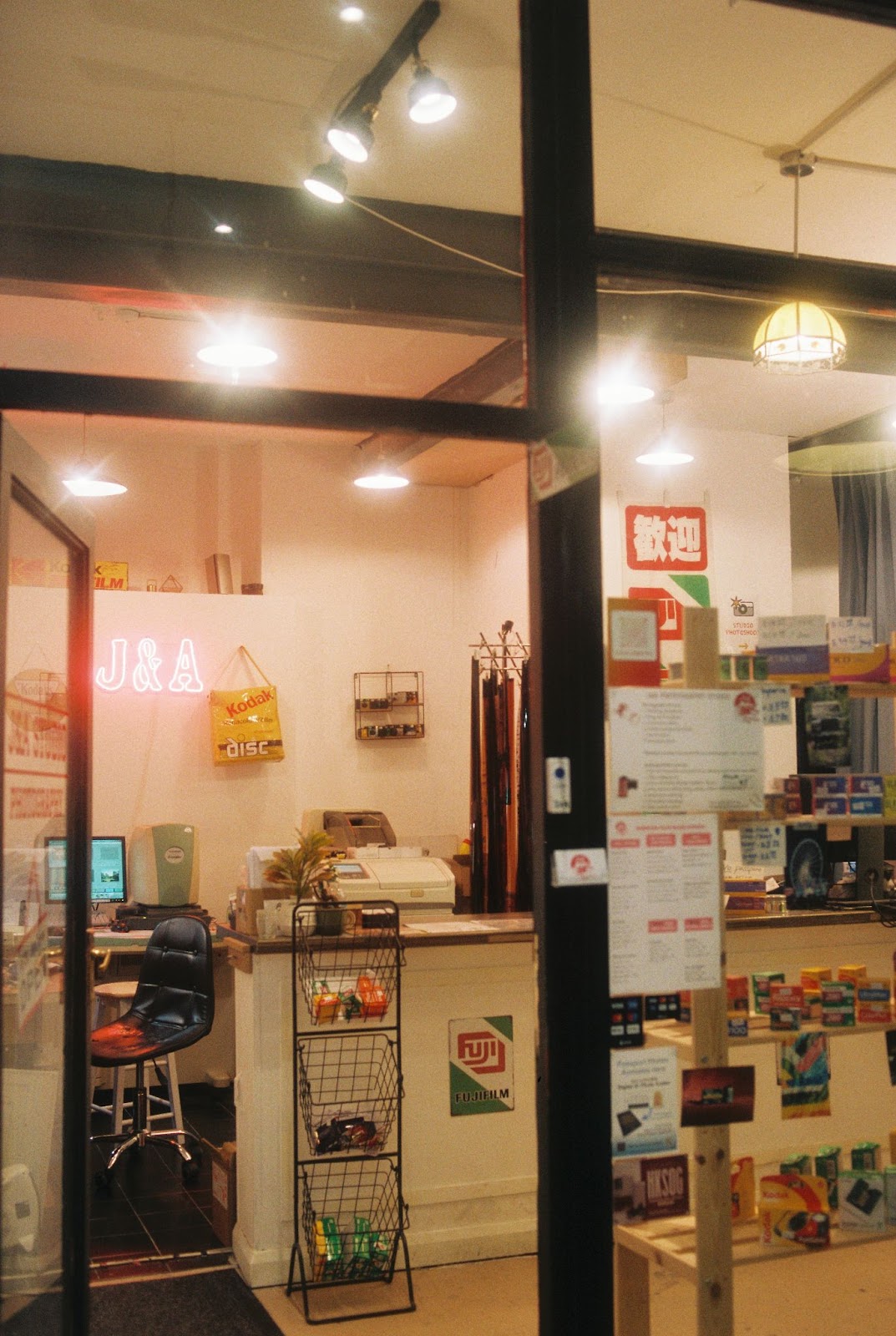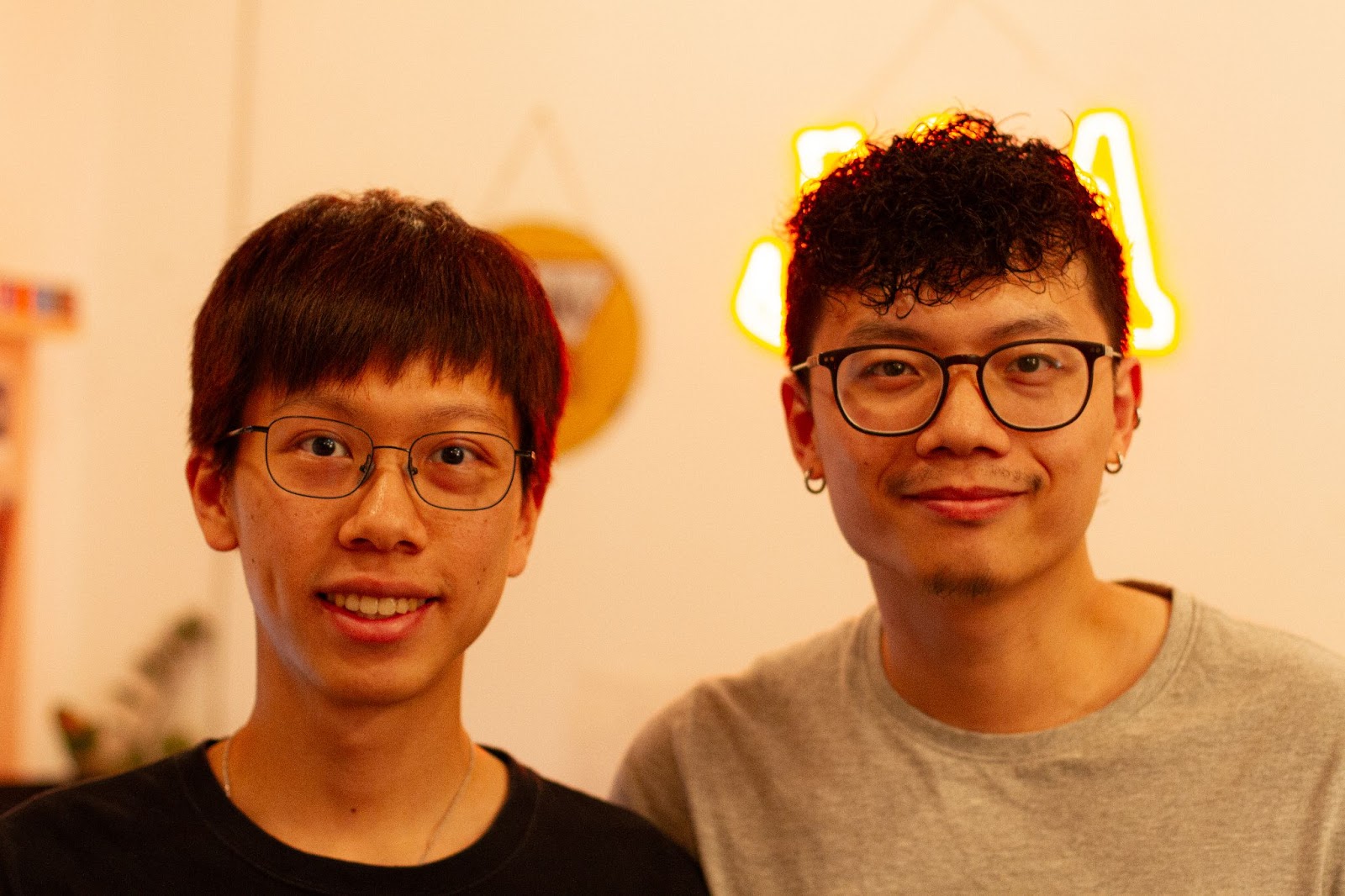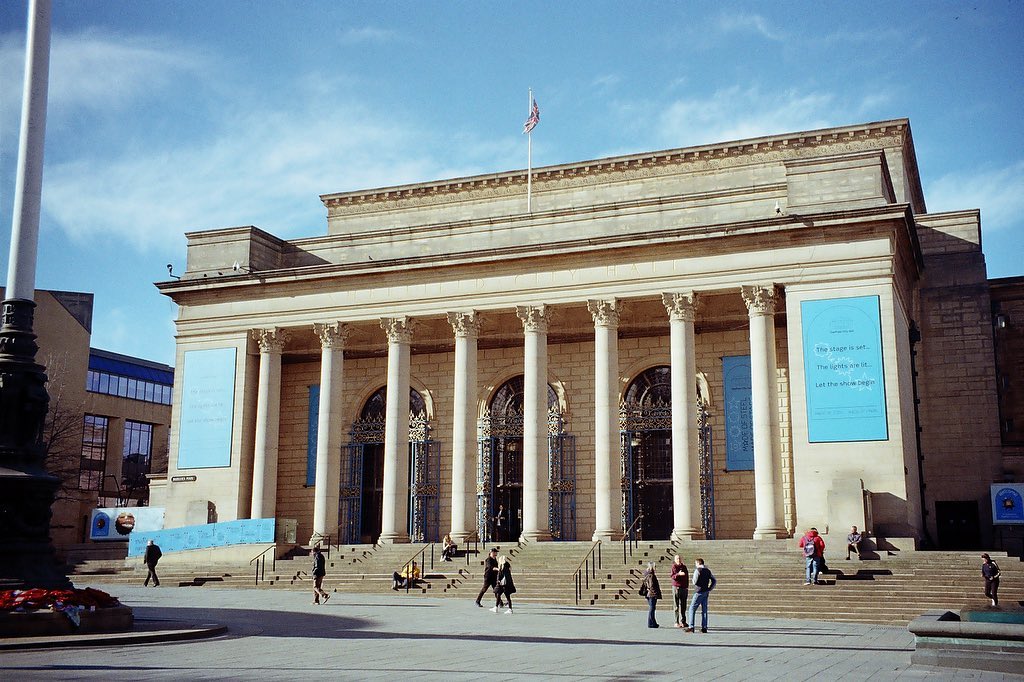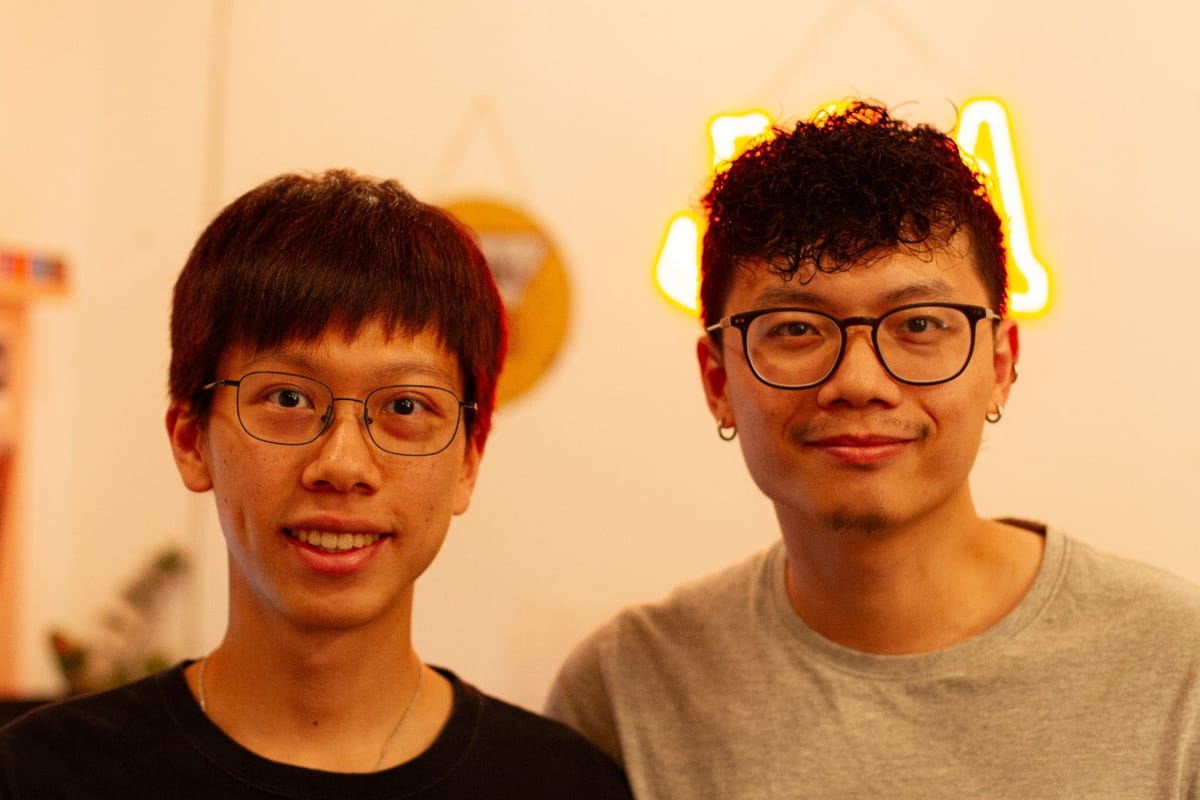Walking into J&A Photography Studio feels like stepping back in time. As I enter their ramshackle unit at The Forum on Division Street, their film processor is on the blink and is being looked at by an engineer. Elsewhere in this tiny room, countless bits of kit fill every available space: cameras, computers, printers, scanners. On my side of the counter is a basket with hundreds, possibly thousands, of spent 35mm film cartridges. In the middle of the room, dozens of unspooled rolls hang down from what looks like a coat stand.
J&A is the kind of business that used to be seen on every high street in Britain, but have now all but disappeared. Taking a handful of 35mm films to a photo processing shop was just something you did when you came back off your holidays, coming back in a few days’ time to see how many times you had managed to catch your fingers or thumb in a photo. Now, every man and his dog has a supremely powerful camera in their pocket which can take unlimited photos, the vast majority of which will never be printed out.
All the important stories about Sheffield
Sign up for free to get our e-mails every week.
No spam. Unsubscribe anytime.
“No one’s interested in film any more as they don’t print things out,” grumbles the engineer as he’s rooting around inside the expensive looking machine. However, while the demand for film processing has dwindled, it’s now seeing a revival. J&A do digital photography, of course. But they also do photography “the traditional way”, processing films, scanning negatives, and even printing hard copies of photographs for those who want them.
 J&A Photography Studio in The Forum (on 35mm). Photo: J&A Photography Studio.
J&A Photography Studio in The Forum (on 35mm). Photo: J&A Photography Studio.
J&A is named after its owners, Jimmy Wong, 33, and Amus Tse, 27. A large map of the city of Hong Kong hanging on one wall indicates where the two former University of Sheffield students originally come from. After meeting at the university’s photography society in 2017, they set up their studio in a small office on West Street in 2020, and after about a year moved to their current home at The Forum.
While Jimmy is busy with the engineer, I speak to Amus in the back room of the unit. The office is a film lab and a photography studio combined into one, hence the clutter. As we chat, a staff member potters about in their dark room where they process black and white photos and enlarged prints. Amus tells me that after they finished their courses (Amus in urban planning and Jimmy in digital media and society) both wanted to stay in Sheffield so applied for an entrepreneur visa through the university to set up a photography business. To their surprise, they were successful.
Needless to say, starting a business a few weeks before the second Covid lockdown began was less than ideal, let alone one which necessitates meeting people in person. But their passion for photography and understanding of the way it is changing has helped them survive and thrive over the last four years. Amus says the pair make for a good team. He has more experience in the processing side while Jimmy has more experience in photography.
 Amus Tse and Jimmy Wong (on digital). Photo: Dan Hayes/The Tribune.
Amus Tse and Jimmy Wong (on digital). Photo: Dan Hayes/The Tribune.
As is clear from the steady stream of customers they have while I’m there, the business is doing well, and now employs three part-time staff. But talking to Jimmy it’s clear that he hopes this is just the start. “When we started we had only a few rolls a day; now we have 50, 60,” he says with a smile. “But we have big dreams.”
While the engineer is right that shooting on film is not as popular as it was, Amus says the trend is coming back, particularly among the young. In the same way that vinyl records are enjoying a resurgence, even among people who don’t remember them the first time round, 35mm photo films are increasingly popular. Some of this is younger generations becoming interested in the “vintage” analogue technologies of the past. However, it’s about more than merely the novelty of “obsolete” technology. 35mm film has a nostalgic, almost dreamy feel which is difficult to replicate. Looking at the fuzzy, colour-saturated snaps feels as if Instagram have created a filter for childhood memories or the holidays of your youth.
While some of their customers do want their 35mm shots printed out to put in an album, many don’t. “Younger people shoot on film and post on Instagram,” says Amus. And taking photos on film also changes the way you think about photography. With each one of your 36 shots needing to be processed and paid for, it makes you think about each one more than you would with a digital camera or on your phone. “Shooting on film is about enjoying being in the moment,” says Jimmy. “People are going back to the old fashioned ways.”
 Sheffield on 35mm. Photo: J&A Photography Studio.
Sheffield on 35mm. Photo: J&A Photography Studio.
It helps that both of them enjoy 35mm. Amus tells me he has been shooting on film since 2013 and Jimmy now says he prefers film to digital. They tell me that they treat each roll of film “as if it was their own”. I see one of their staff members meticulously checking each negative on a roll of film for errors on a monitor before processing it. “I think it’s because we are both Virgos,” says Jimmy. As someone not well versed in astrology, I ask if Virgos are meant to be perfectionists. “If you believe it!”
Amus and Jimmy can now stay in the UK permanently thanks to the resettlement scheme set up after the political instability which rocked Hong Kong in 2020. After protests against new laws in 2019, China imposed a sweeping new National Security Act in 2020 which outlawed advocating for Hong Kong’s secession from China. The British government responded by allowing all Hong Kong citizens to resettle in the UK. Since its launch in 2021, more than 160,000 Hong Kong residents have moved to the UK, while the government estimates that as many as 300,000 may relocate to Britain over the next five years.
A year ago, Amus’s family came to join him in Sheffield. “At the beginning I didn’t think it would suit them here but they came to visit me and they really liked it,” he says. Moving from a huge megacity of seven and a half million people to one of just over half a million must be something of a culture shock, I say. Amus understatedly acknowledges that Sheffield is “quite different” to Hong Kong, and “less busy”, but says that suits some people, including his parents. “And Yorkshire people are quite nice,” he adds. Jimmy agrees. “Some people think it is quite a boring city but we are both quite boring too,” he says. “We are both nerds.”
 Venice on 35mm. Photo: J&A Photography Studio.
Venice on 35mm. Photo: J&A Photography Studio.
When Jimmy and Amus first met in 2017, the Hong Kong community in Sheffield was still relatively small. Now, largely thanks to the resettlement scheme, many more have arrived in the city. This means they are now able to find decent Hong Kong food, which they tell me is similar but subtly different from Chinese cuisine. One of these new restaurants, Cha Ting, has opened just opposite The Forum.
At the end of the interview, I ask to take a photo of Jimmy and Amus together, on what I regard as my pretty good iPhone camera. However, when they ask to see the image, they don’t like it. I try again, once more it’s no good. “Too close,” says Amus as he scrutinises his face on the tiny screen.
Handing me their expensive looking digital SLR camera, they tell me to try again using their equipment. “Perfect,” says Jimmy.
This story was published by The Tribune, an email newsletter which sends out high quality journalism about Sheffield to 32,000 readers. Our team of independent reporters and editors bring you important investigations, great local writing and useful recommendations about the city. You can join for free by hitting that button below.

